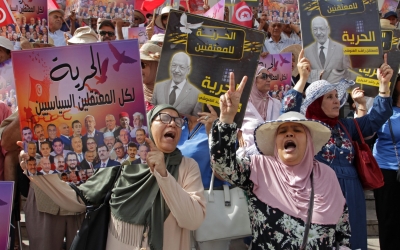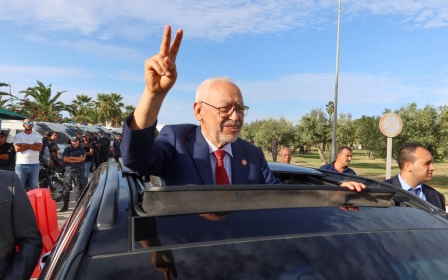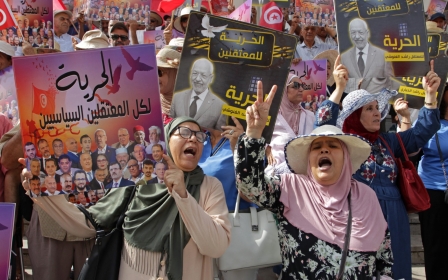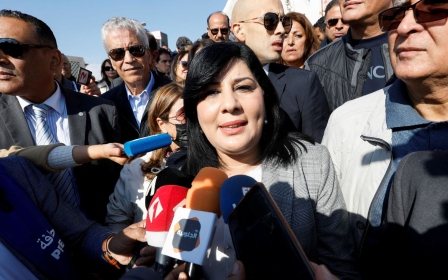Tunisia: Low turnout for parliamentary elections across country
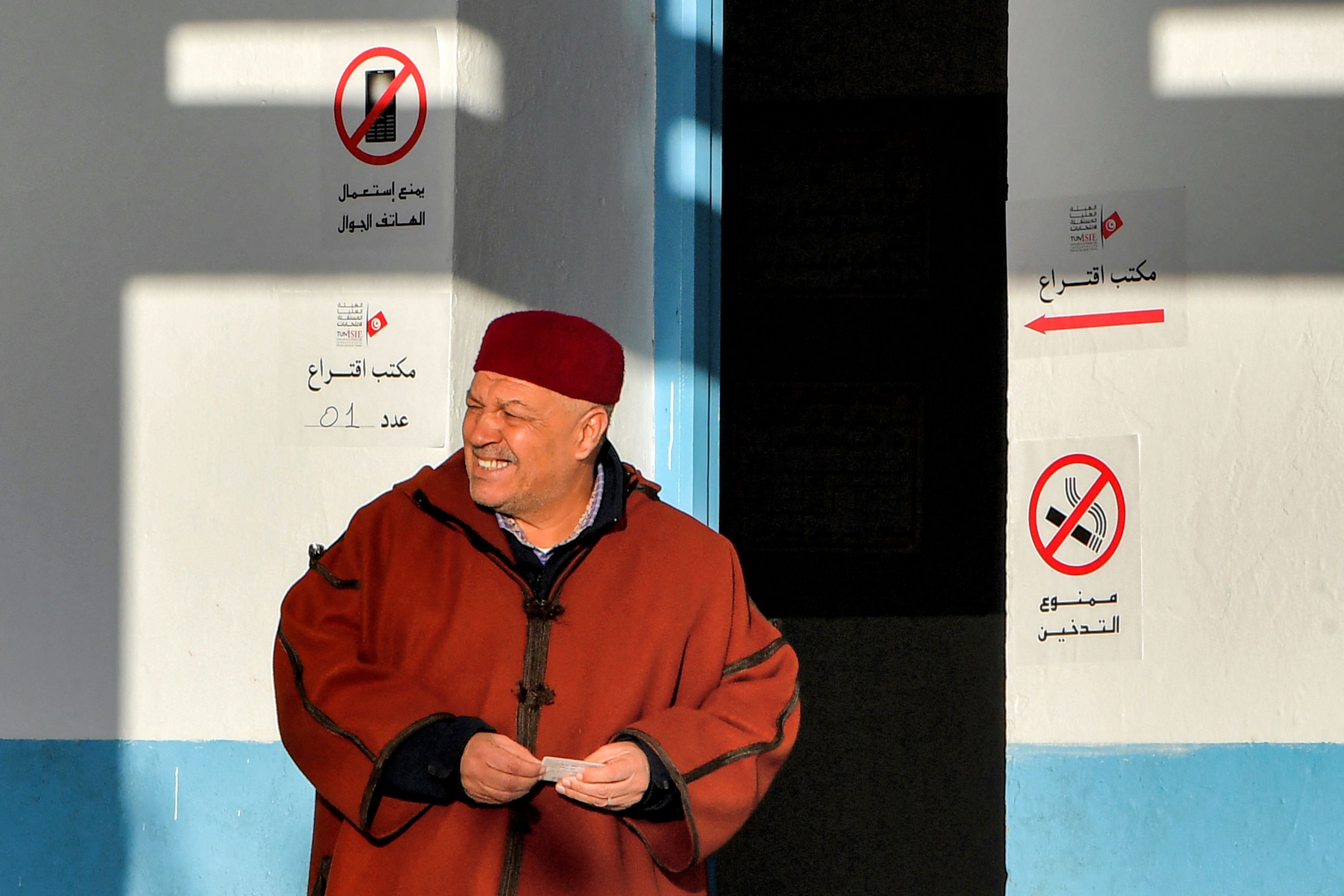
Tunisians headed to the polls on Sunday to vote for the country's second parliamentary chamber, with low turnout reported across the voting regions.
According to the Independent High Authority for Elections, the nine-million-strong electorate was asked to elect more than 2,000 councillors from around 7,000 candidates.
The new second parliamentary chamber was created as part of a constitution pushed through last year by President Kais Saied.
Opponents of Saied called for a boycott of Sunday's vote, accusing him of seeking to cement his "authoritarian" vision.
One official told AFP, on condition of anonymity, that they had "never seen such a low turnout during elections held in Tunisia since 2011".
Stay informed with MEE's newsletters
Sign up to get the latest alerts, insights and analysis, starting with Turkey Unpacked
Saied, a former constitutional law professor, was elected Tunisia's president in 2019. A fiery populist, he billed himself as an outsider who could take on Tunisia's established political parties, which oversaw growth in democracy but also mounting economic challenges in the country of 12 million.
In 2021, however, he shuttered parliament and replaced it with a rubber-stamp assembly, an act that was revealed by Middle East Eye two months earlier.
He later rewrote the constitution to consolidate power and has targeted political opponents. Meanwhile, his vow to fix the country's ailing economy has fallen flat, as Tunisians cope with high inflation and shortages of basic goods.
In recent months, the president has dismissed several ministers, including Prime Minister Najla Bouden, without explanation.
Saied immediately replaced her with Ahmed Hachani, a retired central bank employee who had shared articles on his Facebook account espousing conspiracy theories.
Since February, about 20 opposition, media and business figures have been imprisoned, accused of "plotting against state security".
Among the other prominent opposition figures to be detained are former UK resident Said Ferjani, former justice minister Noureddine Bhiri and former public prosecutor Bechir Akremi.
Amnesty International has labelled the arrest campaign a "politically motivated witch hunt".
Middle East Eye delivers independent and unrivalled coverage and analysis of the Middle East, North Africa and beyond. To learn more about republishing this content and the associated fees, please fill out this form. More about MEE can be found here.


